Understanding the roof replacement estimate process
your insurance covered roof claim starts at inspection
With decades in the roofing industry, our roofing experts came together to demystify the process of insurance-covered roof replacements.
In the first part of our three-part series, we covered what to expect during the inspection process at your property. This includes expectations such as:
- Safety in the aftermath of a storm
- Noise expectations
- Inspection location expectations
- Documentation of damage
- Inspection Timing
- how to choose a contractor
When property owners have the necessary knowledge to establish realistic expectations, the process of roof inspection and its subsequent steps becomes easier to navigate.
It is crucial to understand that the procedure for a storm-related property inspection can differ based on the unique circumstances of the storm and the property involved. Nevertheless, most roof inspections should adhere to the same fundamental principles.
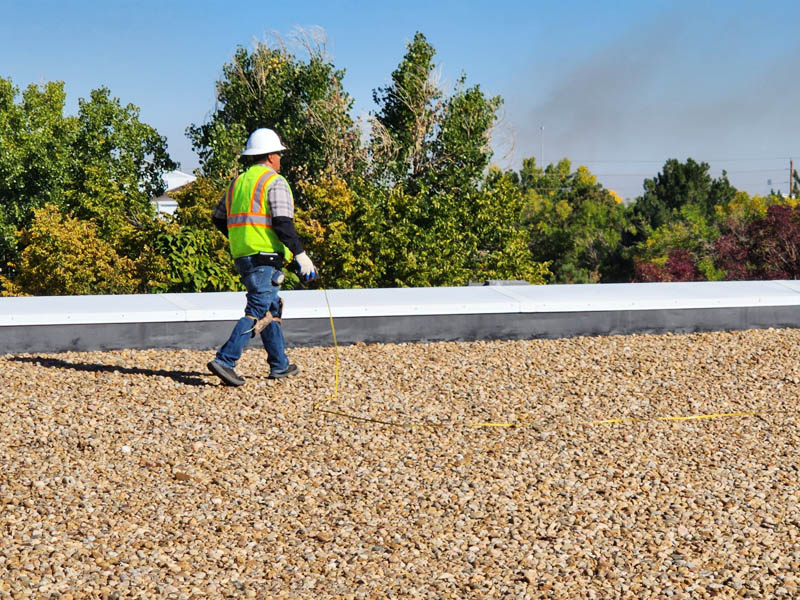
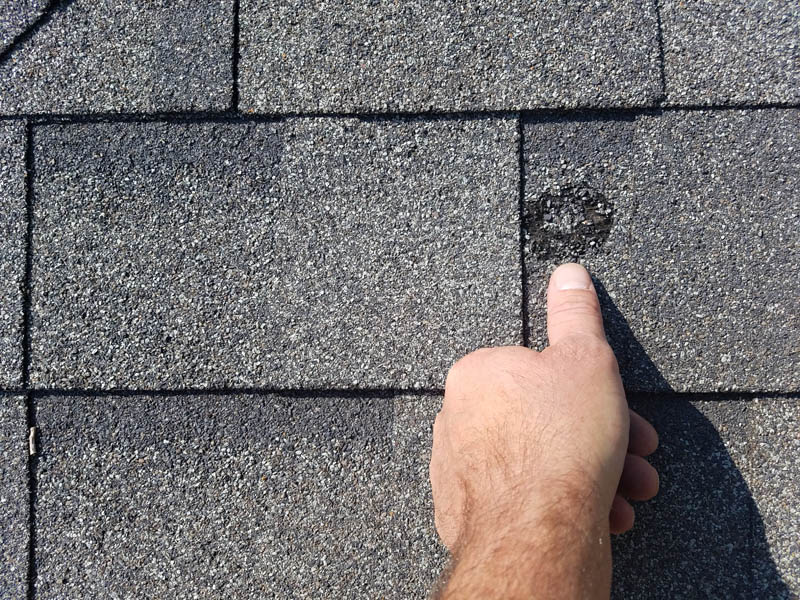

why are
roof replacement estimates
confusing & complicated ?
Technical Jargon
Roofing professionals may use technical terms that are ufamiliar to the average person. This can make it difficult to understand exactly what work is being proposed and what materials will be used
Variability In Pricing
Roofing estimates can vary widely in price depending on several factors, such as the size or shape of the roof, type of materials used, and the complexity of the work, which can make comparison difficult.
Complicated Systems
Depending on the type of roof, the estimate may be more complex or harder to understand. For example, flat roof replacements require different materials and techniques than standard roofs.
Unexpected Costs
Some roofing estimates may not include all the costs associated with the work. Some items such as permits, disposal fees, or code upgrades won't have pricing before work begins.
are you working with a reputable, local roofing contractor?
Sometimes your roof replacement estimate is confusing on purpose.
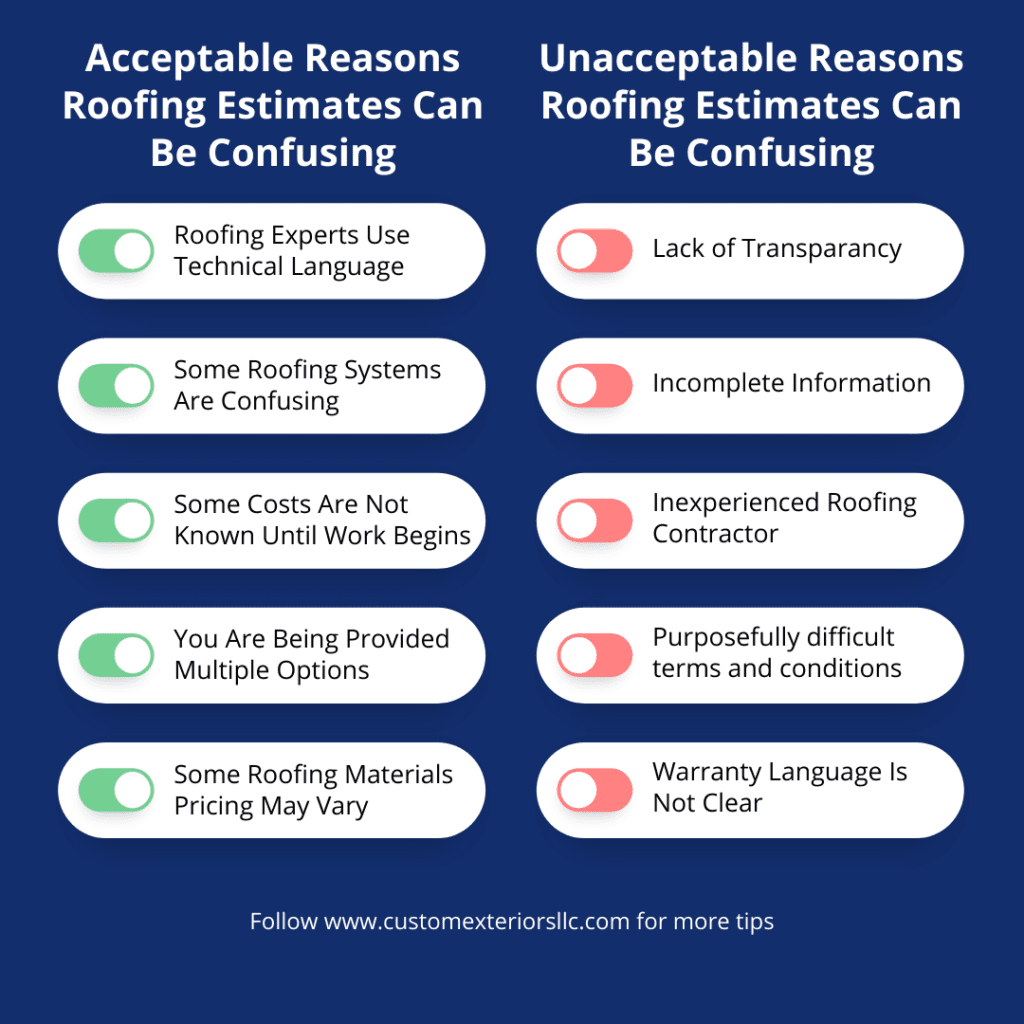
Shhhhh, it's a secret.
Imagine completing the process of inspecting your roof, only to receive an estimate for roof replacement that provides a single dollar amount with no further details. Unfortunately, some roofing companies offer estimates to customers that lack transparency and fail to clarify what exactly is included in the given number.
If a roofing company presents you with a “total only” estimate, it’s a clear sign that it’s time to seek out a trustworthy roofing contractor elsewhere. Unethical roofing companies employ various tactics to confuse homeowners with their estimates, deliberately leaving out essential information about the services and materials involved, as well as their respective prices. This approach is often used to sneak in additional charges for services that may not have been rendered or to camouflage exorbitant pricing for a particular service or product.
What's Covered?
Another problem with total-only estimates is the ambiguity they create regarding the repairs carried out on your property. When the initial repairs are not clearly outlined, it can complicate future warranty claims due to the absence of documented details for each completed item.
Ideally, you should collaborate with a trusted local roofing contractor who can offer a transparent scope of work, upfront pricing, and warranty terms that are easy to comprehend. This way, you can ensure that you have a comprehensive understanding of the repairs conducted, and you’ll have the necessary documentation to support any future warranty claims.
What's Wrong With This Picture?
why you don't want to work with a roofing company that provides "Total Only" estimates
When completing repairs on your property, it is essential to understand how much you will be paying and what you are paying for. Choosing a roofing company that doesn’t itemize its estimates or provides total-only estimates can lead to a lack of transparency in the project’s scope and cost.
Without an itemized estimate, you may not be able to see the cost breakdown of materials, labor, and other expenses. This lack of clarity can make it challenging to understand whether you are getting a fair job price.
Additionally, an itemized estimate can help you identify potential cost-saving measures or alternative materials that could bring the project’s overall cost down. Without this information, you may pay more than you need to.
Most importantly, some unscrupulous roofing companies use the unitemized estimate to pad their estimate and inflate pricing. You may end up being charged for labor or material that was not used on your job.
In summary, it is crucial to work with a contractor who provides a detailed, itemized estimate for a roof replacement to ensure transparency and to make informed decisions about the project’s scope and cost.
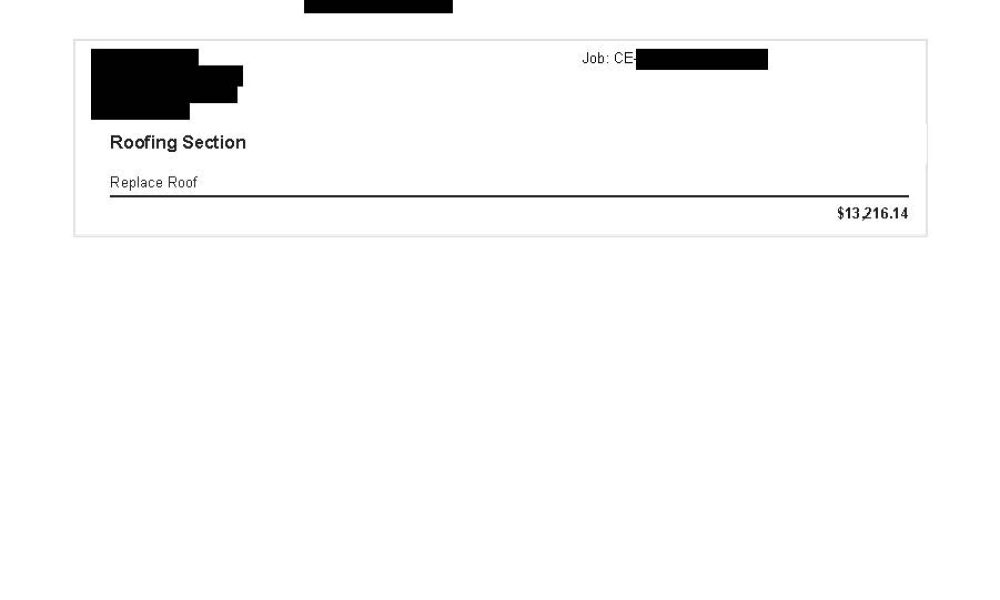
What a roof replacement estimate should look like
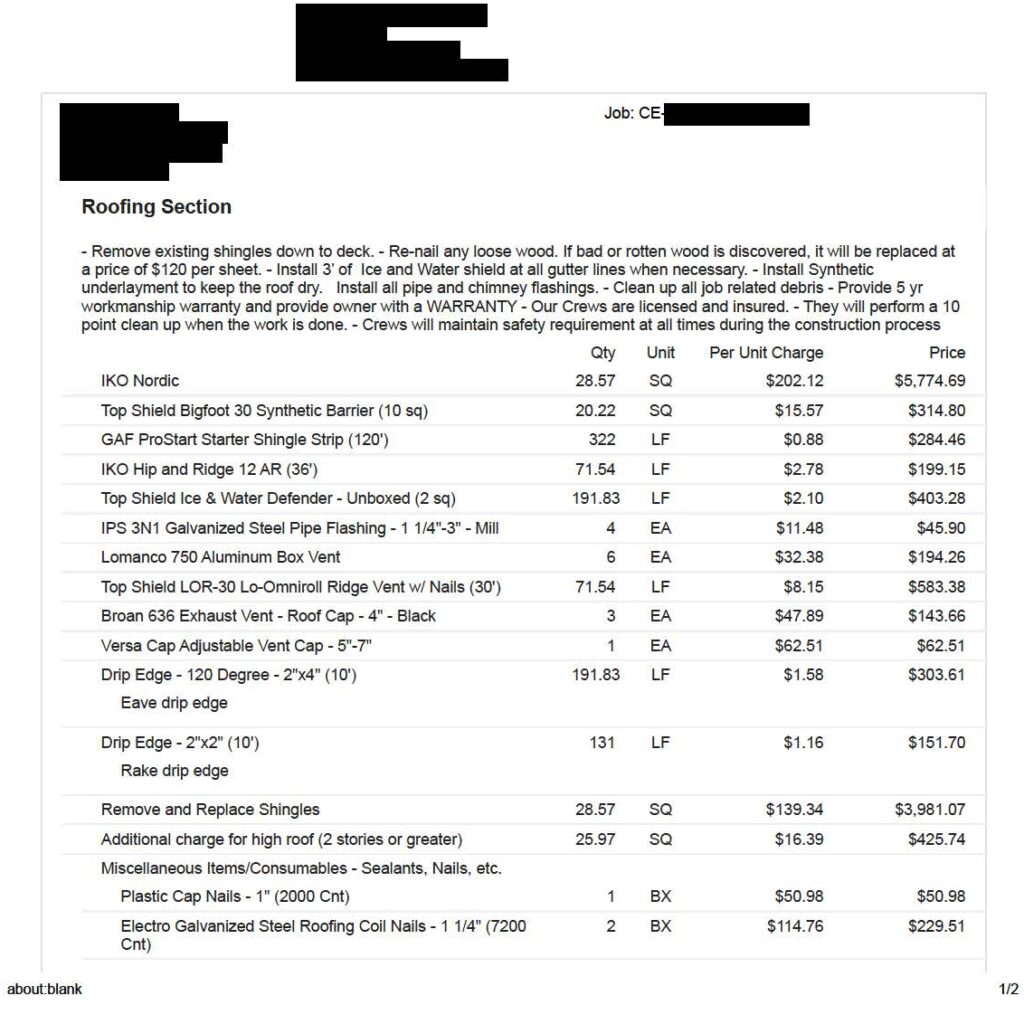
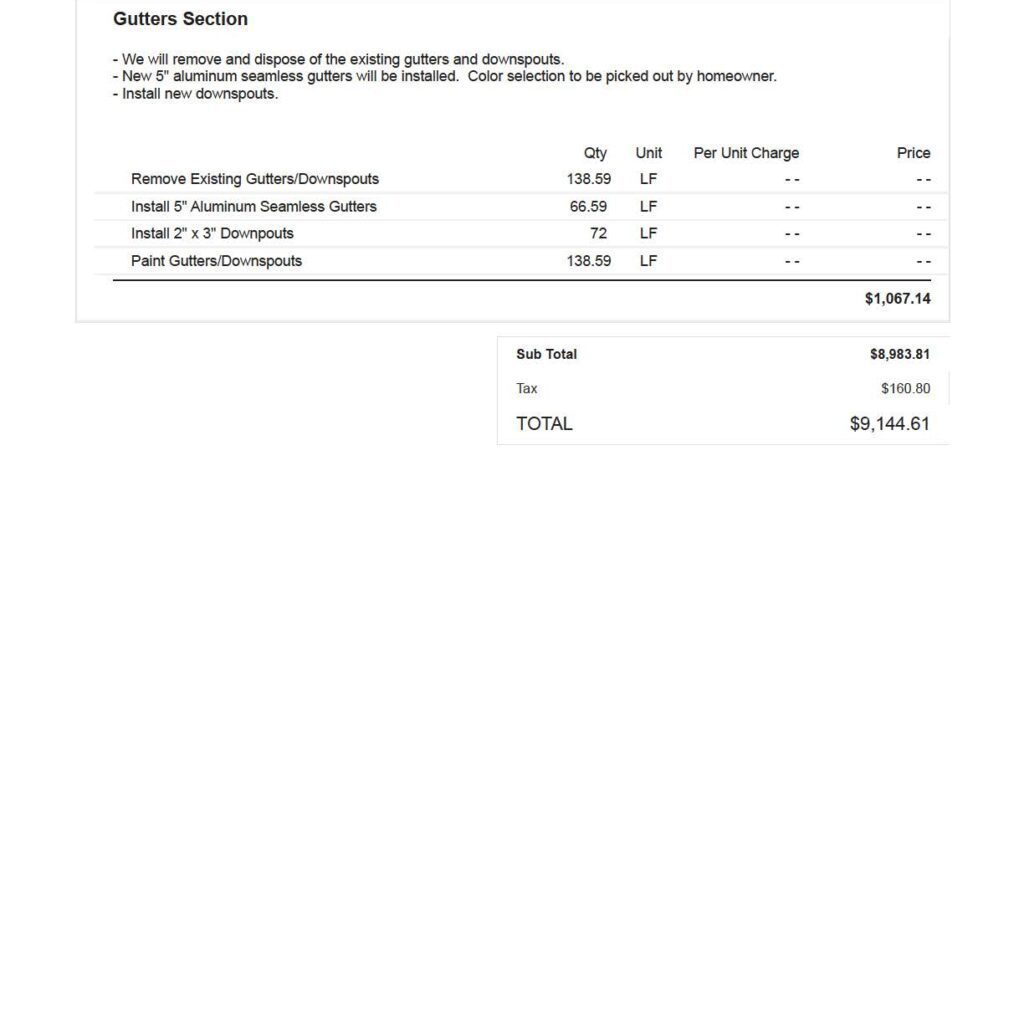
a Clear vision of your roof replacement project
A properly done roof replacement estimate should be comprehensive and provide all the necessary information about the project. It should be transparent, detailed, and easy to understand. By providing all the necessary information upfront, the estimate will help you make an informed decision about the project and ensure the work is completed to your satisfaction. Some key elements that a well-done roof replacement estimate should include are:
-
Detailed Scope Of Work:
The estimate should outline the specific work to be done, including the removal of the old roofing materials, the type of roofing materials being used for replacement, and any additional services included in the project.
-
Accurate Measurements:
The contractor should take accurate measurements of the roof to determine the size of the project and the amount of materials needed.
-
Cost Breakdown:
A roof replacement estimate should provide a detailed breakdown of all costs, including the cost of materials and installation and any other expenses associated with the project.
-
Warranties:
The roof replacement estimate should specify any warranties or guarantees offered by the contractor, including the length of the warranty and what it covers.
-
Insurance & Licensing:
The estimate should indicate that the contractor is properly licensed and insured to perform the work.
-
Cleanup:
An estimate for a new roof should include a plan for debris removal and cleanup after the roof replacement project is complete.
If you are in need of a roof replacement, it is essential to get an accurate and comprehensive estimate for the project. Occasionally, the damage is discovered after the old roofing materials are removed. In a situation like this, or one where the local building codes require upgrades to pass final roof inspection, these costs should be brought to the attention of the property owner prior to the project getting underway. Informing property owners at the time of the estimate, that code upgrades or space/damaged decking could cause the price of the estimate to increase if discovered when roofing materials are removed, allows them to set realistic expectations for the possible costs associated with the roof replacement.
Additionally, prices for permits will be determined at the time the permit is pulled and is generally added to the estimate once the amount is known. If your roof is an insurance claim, your insurance company may cover the costs of code upgrades and permitting, depending on your insurance coverage.
Roof replacement estimate abbreviations:
Saving space, one letter at a time
The unit portion of a roof replacement estimate pertains to the specific measurement or quantity of roofing materials or components required to complete the project. Typically, the estimate specifies this as a distinct amount or measurement, such as the number of squares of roofing material or the linear footage of a flashing.
Breaking down the estimate into specific units allows the roofing contractor to provide a more precise assessment of the materials needed and the associated costs. This breakdown helps property owners grasp the scope and expenses of the project more effectively.
For instance, when estimating the cost of a new roof, a roofing contractor may provide a detailed breakdown of the required materials and their corresponding units. This could include the number of shingle squares, linear footage of drip edge, quantity of vents, and sheets of roofing underlayment.
To save space, these measurements are often abbreviated. Some common abbreviations you might encounter in a roof replacement estimate include:
- SQ: Square, which is the unit used to measure the area of your roof.
- LF: Linear Foot, a measurement in a straight line.
- SF: Square Foot, equivalent to a square with one-foot sides.
- BD: Bundle of Shingles, where the number of shingles in each bundle may vary.
- LFV: Linear Foot of the Valley, measuring the length of the roof valley.
- BX: Box, as many roof replacement supplies are sold in boxes.
You may also come across other abbreviations in your estimates, such as OSB (Oriented Strand Board) or IWS (Ice and Water Shield). It is crucial for a reputable local roofing company to provide property owners with the necessary knowledge to understand their property repairs thoroughly.
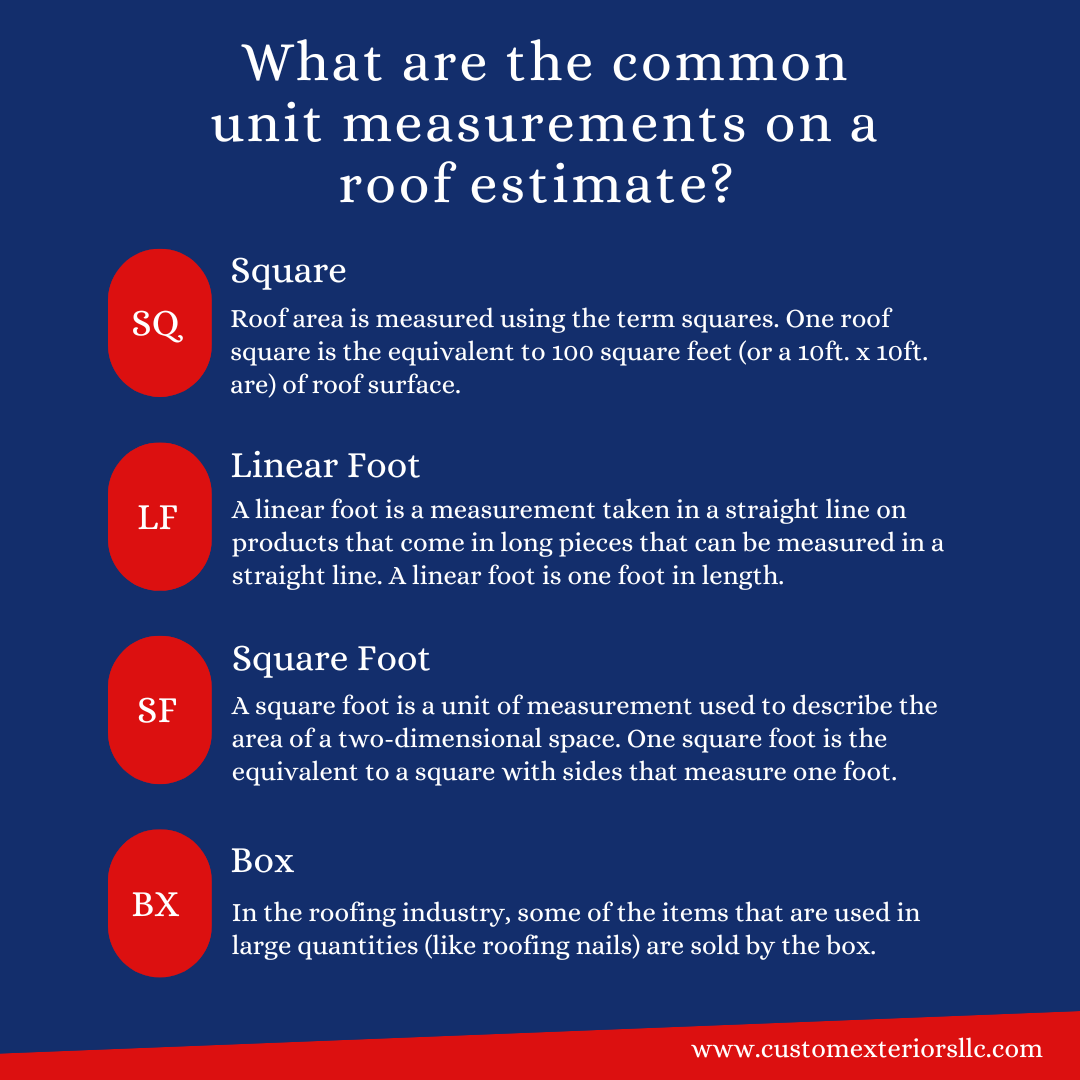
insurance covered
roof estimates
While we have covered the basics of the roof replacement estimate process, how does that process change if your roof is covered by insurance? That’s up next.
Next up
understanding your insurance estimate
Contact Us Today
We Service and Support the Following Brands




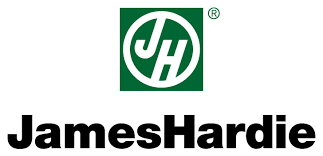
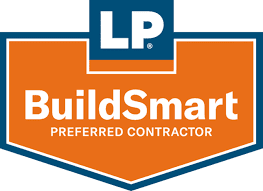



Contact
Custom Exteriors, LLC
2881 S. 31st Ave, Greeley, CO 80631
109 E. 17th St. Ste 5822, Cheyenne, WY 82001
102 S. Tejon St. Ste 1100, Colorado Springs, CO 80903
404 Broadway, Eagle CO 81631
Phone: 970-460-8714
Toll Free: 800-580-0131
Quick Links
© 2022 Custom Exteriors, LLC

